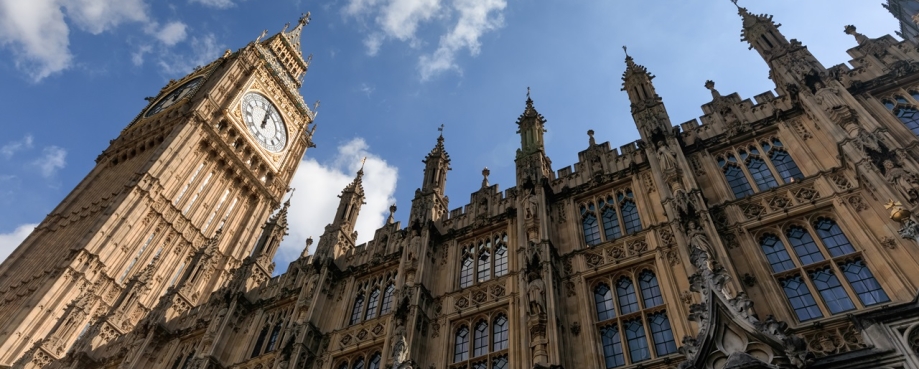
With just four days to go before the UK General Election, here’s what ETI want to see from the next government.
All businesses are exposed directly or indirectly to human rights risks. With almost 50 million people living in some form of modern slavery, and 6,000 people dying from preventable work-related accidents or diseases each day, these risks cannot be ignored.
In the UK, the number of people identified as victims of modern slavery has risen year on year, from over 12,000 people referred to the authorities in 2021, to 16,938 in 2022 and 17,004 in 2023. Experts like Anti-Slavery state the number of people trapped in slavery is estimated to be much higher – over 130,000 – and is estimated to cost the UK £33 billion per year.
Increasing crises, conflict and climate change are fuelling calls for greater transparency and regulation worldwide, requiring businesses to demonstrate they understand and manage human rights risks, including modern slavery. Supply chains are complex and no individual business, civil society actor or trade union can drive change on its own.
Government has a critical responsibility here. Under the United Nations Guiding Principles on Business and Human Rights (UNGPs), States have a duty to protect against human rights abuses by all actors in society, including businesses. Successive UK governments have made some important progress, from the Gangmasters and Labour Licensing Authority, to laws requiring publication of modern slavery statements. Yet the UK has fallen out of step with key human rights developments.
Many countries are introducing requirements for companies to undertake due diligence of their impacts on human rights and the environment. Failure on the part of the UK to keep step with global developments in this area risks creating an uneven playing field between UK businesses and their global counterparts – and worse conditions for workers in UK businesses’ supply chains.
Ahead of the General Election, ETI welcomes the Labour Party’s pledge to create a ‘Fair Work Agency’, amalgamating the Gangmasters and Labour Abuse Authority, the National Minimum Wage unit and the Employment Agency Standards Inspectorate into a single body with powers to uphold and enforce workers’ rights and protections, and urge further commitments that drive responsible business.
We call on the next UK government to establish a new law on human rights due diligence in line with the UN Guiding Principles and OECD guidelines. We also call on them to introduce substantive changes to the operation of the Seasonal Workers Scheme for migrant workers in UK agriculture, to ensure it meets the needs of farms while protecting workers from the risks of exploitation and modern slavery.
Collaboration with the private sector, civil society and trade unions is crucial here. The Ethical Trading Initiative (ETI) brings together businesses, trade unions and NGOs to help understand and mitigate human rights risks in supply chains. Our members hold significant expertise and offer an important voice on these issues, and we support their direct engagement with government.
Together, we are uniquely placed to drive collaborative action on responsible business and look forward to working with the next government to advance business and human rights in the UK and abroad.
